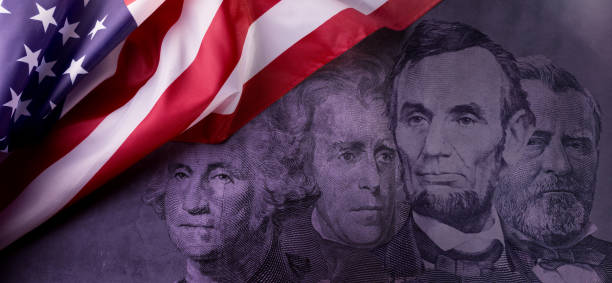
Presidents’ Day, celebrated annually on the third Monday of February, holds a special place in the hearts of Americans as a day to honor the leaders who have shaped the nation. Originally established to commemorate the birthday of George Washington, the first President of the United States, the holiday has evolved over time to include recognition of all U.S. presidents. Beyond the retail sales and long weekends, Presidents’ Day serves as a reminder of the nation’s history, the principles upon which it was founded, and the ongoing significance of leadership in the United States.
Origins of Presidents’ Day
Presidents’ Day finds its roots in the celebration of George Washington’s birthday. The first official observance occurred on February 22, 1885, which was Washington’s actual birthday. The Uniform Monday Holiday Act in 1968 moved the holiday to the third Monday in February to create more three-day weekends for the nation’s workers. This change was intended to provide more opportunities for recreational activities and to promote tourism.
Relevance to a Nation
Presidents’ Day is not merely a day off from work or a chance to catch up on sales events. It is an opportunity for Americans to reflect on the leadership that has guided the nation through its various challenges and triumphs. George Washington’s pivotal role in the American Revolution and the formation of the U.S. Constitution set the stage for the development of a democratic government. Presidents like Abraham Lincoln, Franklin D. Roosevelt, and others have faced unique challenges, leaving a lasting impact on the nation’s identity.
Moreover, the day emphasizes the importance of civic engagement. It serves as a reminder that democracy is a participatory process, requiring citizens to stay informed, vote, and actively contribute to the betterment of their communities. By recognizing the contributions of past presidents, Americans are encouraged to appreciate the principles that have shaped the nation and strive for a more perfect union.
Presidents’ Day also holds significance at the state level, serving as an opportunity for local communities to celebrate their own historical leaders and contributions. Many states have their own holidays dedicated to honoring notable individuals, and Presidents’ Day provides a collective moment for reflection on both national and state-level leadership.
Additionally, Presidents’ Day acts as a unifying force. It transcends political divides, offering a chance for Americans to come together and acknowledge the shared history that binds them. It fosters a sense of national identity and pride, reminding citizens of the resilience and strength that has allowed the United States to navigate through periods of change and uncertainty.
More Than Just a Day Off
Presidents’ Day is more than just a day off; it is a moment to reflect on the leadership that has shaped the United States. From the revolutionary ideals of George Washington to the transformative policies of more recent presidents, the holiday provides an opportunity for Americans to appreciate their history and to consider the ongoing responsibilities of citizenship. As the nation continues to evolve, Presidents’ Day remains a time to celebrate the enduring values that unite the American people and to honor the legacy of leadership that has defined the nation.

